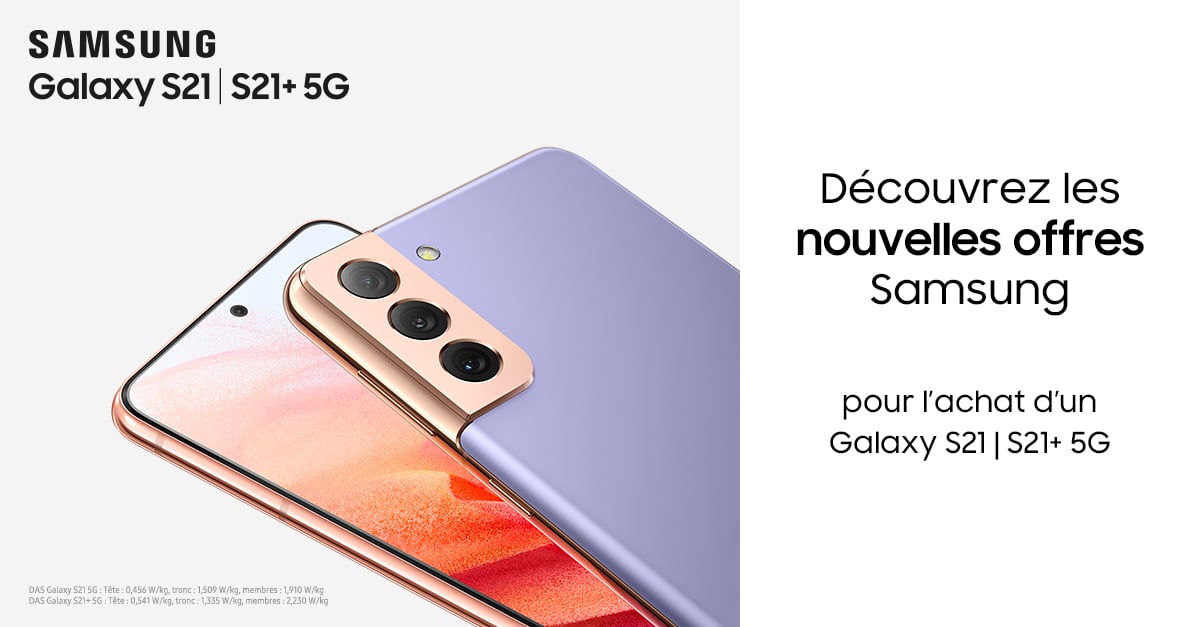8 things you didn’t know about Generation Z and their relationship to social media
 Their use continues to increase over the years, and for 70% of them, social networks are an essential part of their lives. So, who are these Gen Zers on the networks, how do they act, and what is their relationship with social networks?
Their use continues to increase over the years, and for 70% of them, social networks are an essential part of their lives. So, who are these Gen Zers on the networks, how do they act, and what is their relationship with social networks?
We deliver in this article 8 facts, revealed by Express VPN’s study of Gen Z’s social media habits.
Contents
- 1 Gen Z uses social media to kill time
- 2 Being famous on the networks is more important than protecting your privacy and online security
- 3 Social networks harm the mental health of Generation Z, heavily impacted by the pandemic
- 4 Hiding the number of likes on Instagram reassures them
- 5 Gen Z seeks authenticity on social media
- 6 Gen Z doesn’t trust social media companies
- 7 They expect companies that collect their data to use it in ways that personalize their user experience.
- 8 Gen Zers are fond of visuals and memes
74% of young generation Z in France use social networks to pass the time! A figure that says a lot about a tool that seems rather effective to think about something else and cut yourself off from reality. However, a large majority of these young people claim to use the networks to share and chat with their friendsalso for inquire. We find in the smallest percentages, a use of social networks simply to share one’s life, or even to 15% (for those who admit it), with the aim of stalking other people.
Being famous on the networks is more important than protecting your privacy and online security
Becoming an influencer, receiving branded products for free, benefiting from the admiration of thousands of people on the networks, these are reasons that are enough for young people of Gen Z to put their private life aside. Indeed, nearly 80% of them say they agree to give their personal information allowing them to be identified celebrity swap on social networks. They would go so far as to share their personal mailing address as well as their social security number.
Social networks harm the mental health of Generation Z, heavily impacted by the pandemic
For many of these young people, the Covid crisis that we have experienced over the past two years will have transformed them. The fact that it happened during this founding period of the transition to adulthood triggered a form of anger and frustration among these young people. This is what emerges from numerous calls for witnesses made across Europe by the major media such as The world Where The Guardian. Their mental health was very heavily impacted by loneliness and deprivation that have resulted from this pandemic. Consequently, many young people have taken refuge in social networks, and half of them declare that their stress and anxiety levels worsened.
Hiding the number of likes on Instagram reassures them
For the generation of “digital natives”, the number of “likes” as well as the number of comments has a huge impact on their self-esteem. Today, it is common for young people to receive unpleasant or even hateful messages if they are not popular enough on the networks. They really need exposing yourself online to gain self-confidence for the simple and good reason that adolescence is the period when a young person builds his self-esteem and affirms his personality. Social networks and functions such as likes and comments allow these young people to create a unique identity. However, it turns out that it is these same functions that trigger great anxiety.
Now having the ability to hide the number of “likes” will, for 70% of them, help to make posts more pleasant and more authentic, and for 62% reduced their level of anxiety.
One might think the opposite, as these young people spend time on the networks, and seem to dream of becoming influencers at any price. In fact, Gen Z is more able than other generations to recognize that there’s too much pressure to be perfect on social media. For example, this generation is really fed up with Instagram filters among celebrities. They are also more likely than other age groups to think that users should show more of their “true” self and their real life on social media.
For them, it is less important to impress an audience than to show what one really feels. Fewer and fewer of them care about how the content posted by the people they follow looks like, what matters is that the content is funny, light, useful to others and informative.
In general, young adults have very little confidence in GAFAMs. A third of them are well aware that these companies do not protect and use their personal data for commercial purposes.
In order to secure their accounts, the majority of this generation uses at least one security feature like two-factor authentication and account blocking.
And along with adjusting security and privacy settings on their accounts, Gen Z likes to take other steps to protect their privacy online. One of the most common ways to remain anonymous is to create multiple Instagram accounts or “finstas”. 40% of Gen Z respondents say they have multiple accounts, while 53% admit to having three or more accounts !
They expect companies that collect their data to use it in ways that personalize their user experience.
These Gen Z kids are definitely smart. These savvy consumers are well aware of what companies can do with their personal information. In fact, Generation Z wants businesses make smarter decisions using the information they have already made available. 64% of Gen Z consumers expect a more personalized social media experience based on previous interactions.
Gen Zers are fond of visuals and memes
Among the platforms most used by Generation Z are: instagram, the visual social network par excellence, at the top of the list. It’s the social platform they use the most during the day and the one they’re most likely to call their favorite. What is important to note is that personal interests the most characteristic of this generation are almost all the result of using forms of social networks more image-oriented, which means an above average interest in music, dance and all types of visual media – even the fine arts.
The other aspect of visual media that defines Gen Z is memes, which highlight the challenge of communicating with Gen Z online. Much of their communication style is dictated by cultural references and some visual cues.


